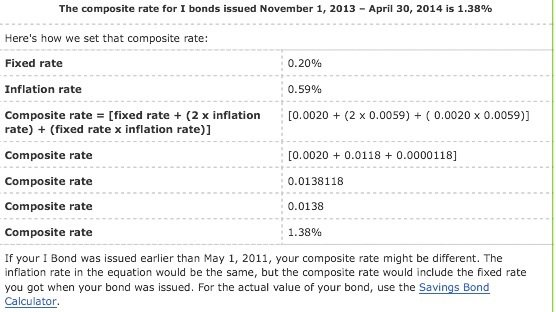perinova
Full time employment: Posting here.
- Joined
- Apr 18, 2006
- Messages
- 531
Well yes since short term instruments CD and bonds return about 0% , longer term istruments will tank at the slight increase in interest rate, it seems i might as well leave the money in checking account. I am thinking I may need the money in about Three years time.
Or... Would it be crazy to put the money into a High Yield Bond fund. They are not vey sensitive to interest rate or to the fact the market is high or low.
What do you guys think?
Or... Would it be crazy to put the money into a High Yield Bond fund. They are not vey sensitive to interest rate or to the fact the market is high or low.
What do you guys think?

